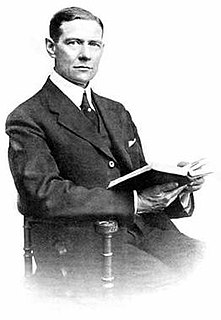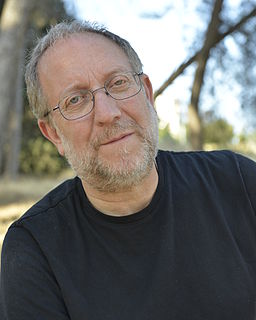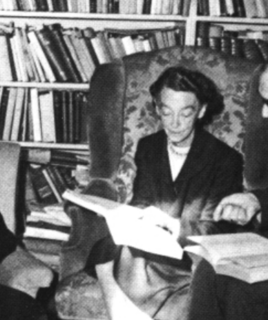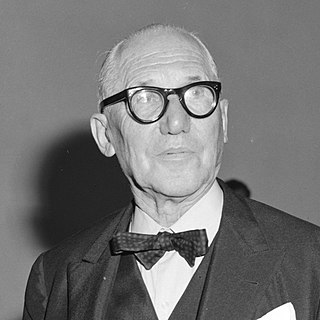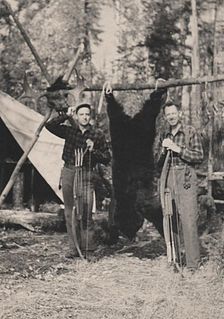Top 1200 Religious History Quotes & Sayings - Page 18
Explore popular Religious History quotes.
Last updated on December 23, 2024.
Trouble arises when either science or religion claims universal jurisdiction, when either religious dogma or scientific dogma claims to be infallible. Religious creationists and scientific materialists are equally dogmatic and insensitive. By their arrogance they bring both science and religion into disrepute.
...the tale that's told for no other reason but companionship, which is another (and my favorite) definition of literature, the tale that's told for companionship and to teach something religious, of religious reverence, about real life, in this real world which literature should (and here does) reflect.
But theological change happens though selective quoting. Every religious person does it: You quote those verses that resonate with your own religious insights and ignore or reinterpret those that undermine your certainties. Selective quoting isn't just legitimate, but essential: Religions evolve through shifts in selective quoting.
The great masses of people do not consist of philosophers; precisely for the masses, faith is often the sole foundation of a moral attitude. The various substitutes have not proved so successful from the standpoint of results that they could be regarded as a useful replacement for previous religious creeds. But if religious doctrine and faith are really to embrace the broad masses, the unconditional authority of the content of this faith is the foundation of all efficacy.
When you ban people from predominantly Muslim countries from coming into the U.S., even people who accompanied our soldiers and helped them on the battlefield, but you say, "But, of course, there's gonna be an exception if you're a religious minority," - OK, so that means Christians, there will be a different rule applied to Christians from these countries than others - that's a religious test. And that is completely contrary to our national traditions.
The idea of a judgment of history is secularism's vain, meaningless, hopeless, pathetic attempt to devise a substitute for what the great Abrahamic traditions of faith know is the final judgment of almighty God, who is not an impersonal force. History is not God. God is God. History is not our judge. God is our Judge.
You are doing something over here and over there someone is telling you a joke, or giving you an important piece of information about sanitation, and no matter how weird the other subject is, there is a connection, or you can make a connection. I’ve always loved history and history is collage, it is a juxtaposition of the good and the bad and the strange, and how you place those sentences together changes the whole mood of a history.
Whatever else the religious Right may be, it is a bonanza for its opponents... Reports of the great terror that is upon us are raising millions of dollars in fund appeals by Planned Parenthood, the American Civil Liberties Union, the National Organization for Women, Norman Lear's People for the American Way, and others who claim to believe that the religious Right is the greatest peril to American democracy since Joe McCarthy.
Whole great chunks of written history are of little value to the psychohistorian, while other vast areas which have been much neglected by historians - childhood history, content analysis of historical imagery, and so on - suddenly expand from the periphery to the center of the psychohistorian's conceptual world, simply because his or her own new questions require material nowhere to be found in history books.
It does not follow, because our ancestors made so many errors of fact and mixed them with their religion, that we should therefore leave off being religious at all. By being religious we establish ourselves in possession of ultimate reality at the only points at which reality is given us to guard. Our responsible concern is with our private destiny, after all.
Rulers, Statesmen, Nations, are wont to be emphatically commended to the teaching which experience offers in history. But what experience and history teach is this - that people and governments never have learned anything from history, or acted on principles deduced from it. Each period is involved in such peculiar circumstances, exhibits a condition of things so strictly idiosyncratic, that its conduct must be regulated by considerations connected with itself, and itself alone.
I kept careful record of the impact of religion on the election in my county. The religious issue permeated every meeting I conducted. It influenced Republicans and Democrats alike. Ministers preached politics publicly and churches distributed the most vicious electioneering materials. Practically no one I met escaped the pressure of this overriding problem and both parties were ultimately forced to make their major calculations with the religious question a foremost consideration.
It has drowned the most heavenly ecstasies of religious fervour, of chivalrous enthusiasm, of Philistine sentimentalism, in the icy water of egotistical calculation. It has resolved personal worth into exchange value, and in place of numberless indefeasible chartered freedoms, it has set up that single, unconscionable freedom -- free trade. In one word, for exploitation, veiled by religious and political illusions, it has substituted naked, shameless, direct, brutal exploitation.
The true makes of history are the spiritual men whom the world knew not, the unregarded agents of the creative action of the Spirit. The supreme instance of this-the key to the Christian understanding of history-is to be found in the Incarnation- the presence of the maker of the world in the world unknown to the world. ... The Incarnation is itself in a sense the divine fruit of history-of the fullness of time-and it finds its extension and completion in the historic life of the Church.






